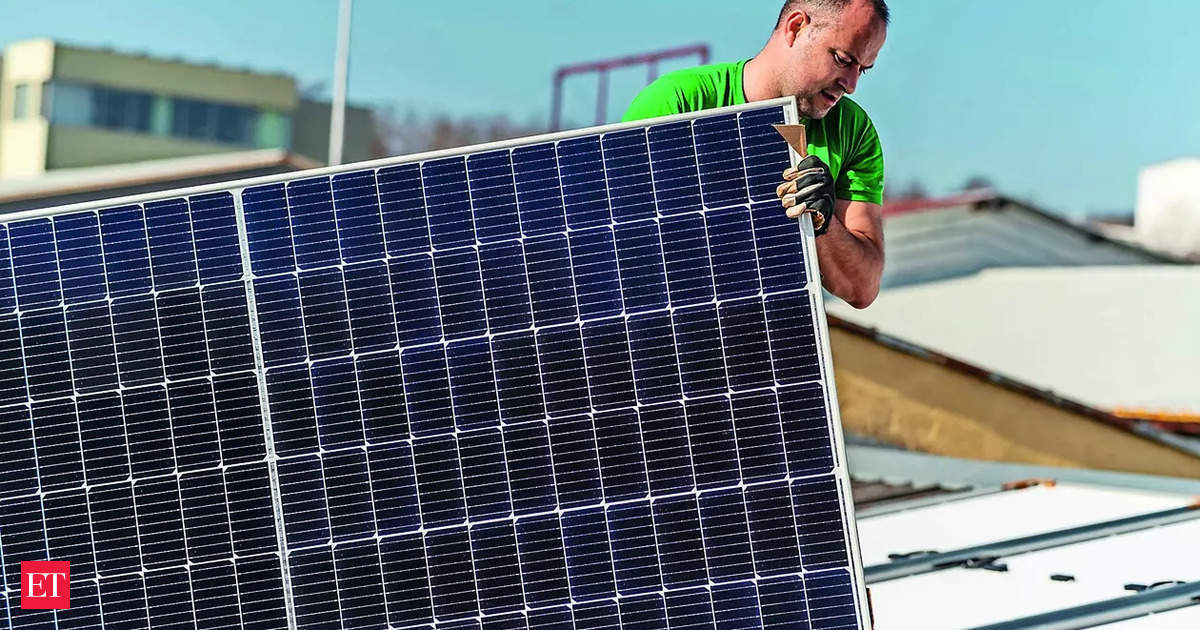Indian solar panel manufacturers are grappling with the influx of cheaper Chinese imports funnelled through intermediary countries such as Vietnam, Malaysia, and Singapore as Chinese companies exploit Free Trade Agreement (FTA) loopholes to export to India. Despite New Delhi’s imposition of a 40% customs duty on solar modules and 25% on solar cells in April 2022 to boost domestic production and reduce Chinese imports, Chinese companies are finding ways to evade these measures. They route their products through intermediary countries that have FTAs with India, taking advantage of tariff exemptions. This practice has become increasingly prevalent, resulting in a surge of cheap solar modules flooding the Indian market. The rise in imports not only harms the domestic manufacturers but also raises concerns about the quality and environmental standards of these cheaper products. Local manufacturers are struggling to compete with the low-priced Chinese imports, as they cannot match the economies of scale and manufacturing capabilities of their counterparts. The COVID-19 pandemic has further worsened the situation for Indian manufacturers, as they faced disruptions in the supply chain and manufacturing operations. To encourage domestic production and reduce dependence on Chinese imports, the Indian government had announced the imposition of customs duty on solar modules and cells. However, the loopholes in the FTAs have allowed Chinese companies to bypass these measures, undermining the government’s efforts. Indian solar panel manufacturers are urging the government to take immediate action to address this issue. They are seeking stricter enforcement of customs regulations and closer scrutiny of imports from intermediary countries to prevent the influx of cheaper Chinese products. Additionally, they are calling for stricter quality standards and certifications for imported solar modules to ensure the safety and reliability of the installations. The Indian solar industry plays a crucial role in achieving the country’s renewable energy targets and reducing carbon emissions. It has witnessed significant growth in recent years, driven by government incentives and declining solar module prices. However, the surge in Chinese imports threatens to undermine the progress made by the domestic manufacturers and hampers the industry’s potential for further growth. The Indian government needs to take decisive action to protect the interests of the domestic solar industry and maintain a level playing field. By closing the loopholes in the FTAs and ensuring strict enforcement of customs regulations, India can create a conducive environment for the growth of its domestic manufacturing sector and build a sustainable solar industry.
Import of Cheaper Solar Modules on the Rise as China Exploits Loopholes











